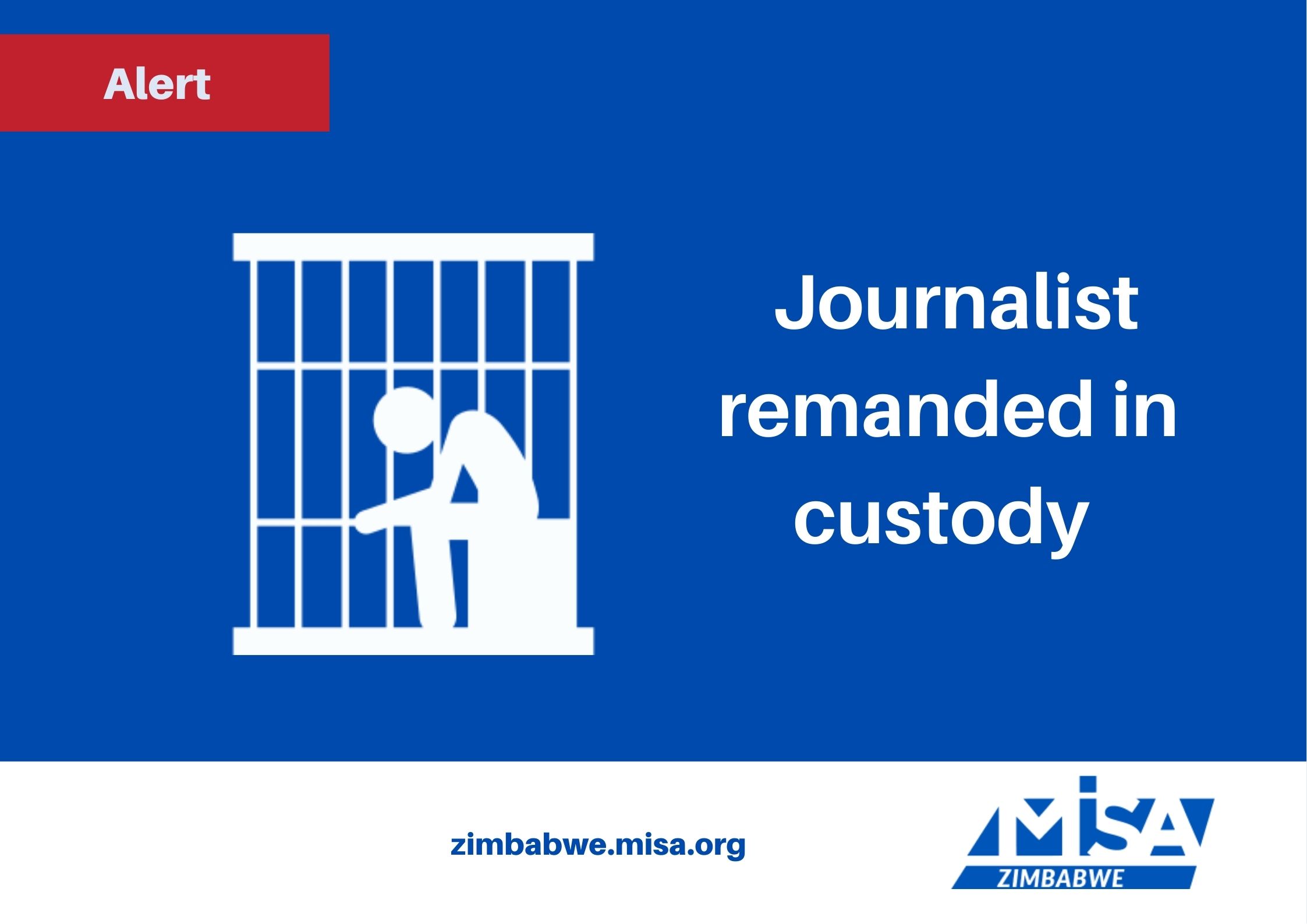Mozambique celebrates today, 10 August, thirty years since the approval of Law number 18/91, better known as the Press Law. In fact, it was on this date, 1991, that the Assembly of the Republic approved this legal provision, which became an important pillar for the enjoyment of freedom of expression and of the press, already established in the first multi-party Constitution, approved in 1990.
The approval of the Press Law allowed the emergence of pluralism and diversity, with the birth of private sector media, complementing the public sector. Community media outlets have also emerged and are now playing an extremely important role in the provision of useful public information and in the interaction between the public and the centres of power.
The 30th anniversary of the Press Law occurs at a special moment, and in a context where this legal framework is under revision, in a process that raises a number of concerns about its future.
The process of revision of the Press Law began in November 2006, and aimed, basically, to bring it into harmony with the relevant provisions of the Constitution of the Republic, approved in 2004.
Fifteen years later, this review process is still marked by advances and setbacks. It is important to mention that the review of the Press Law becomes equally pertinent due to the need to adapt it to the new challenges of the media sector, particularly in view of the new technological platforms, including digital information.
In the light of this review, MISA Mozambique wishes to draw attention to the fears, not only among journalists but also in society in general, that the current process may lead to the imposition of limitations on the practice of the profession of journalism.
Some of the critical issues are the following:
- The lack of independence to the proposed Media Regulatory Authority;
- The apparent marginalization of the Media Supreme Council, contrary to the provisions of the Constitution of the Republic of Mozambique that deal with these matters;
- The maintenance of the limitation of foreign investment to 20%, at a time when the country seeks to open itself to the rest of the world, and where other strategic sectors of the national economy are open to foreign investment in a much greater proportion than this
- The attempt by the government to control the functioning mechanisms of self-regulation of the journalism profession.
- The maintenance of the criminalization of press offences, at a time when it is recommended that this matter be dealt with at the level of the Civil Code;
- The absence of penalty provisions for crimes against press freedom, which tend to grow and assume increasingly serious proportions every year.
- The criminalization of journalists for dealing with matters considered to be State Secrets; and
- The unnecessary limitation on the number of foreign media correspondents.
On this date, MISA Mozambique calls attention to the dangers that a new law replacing the Press Law may represent to the enjoyment of basic rights already established and urges society to maintain its interest on this matter so that any new law continues to offer strong guarantees regarding the contribution of freedom of expression to the consolidation of the democratic process underway in Mozambique.
Maputo, 10th August 2021
MISA-Mozambique
www.misa.org.mz













